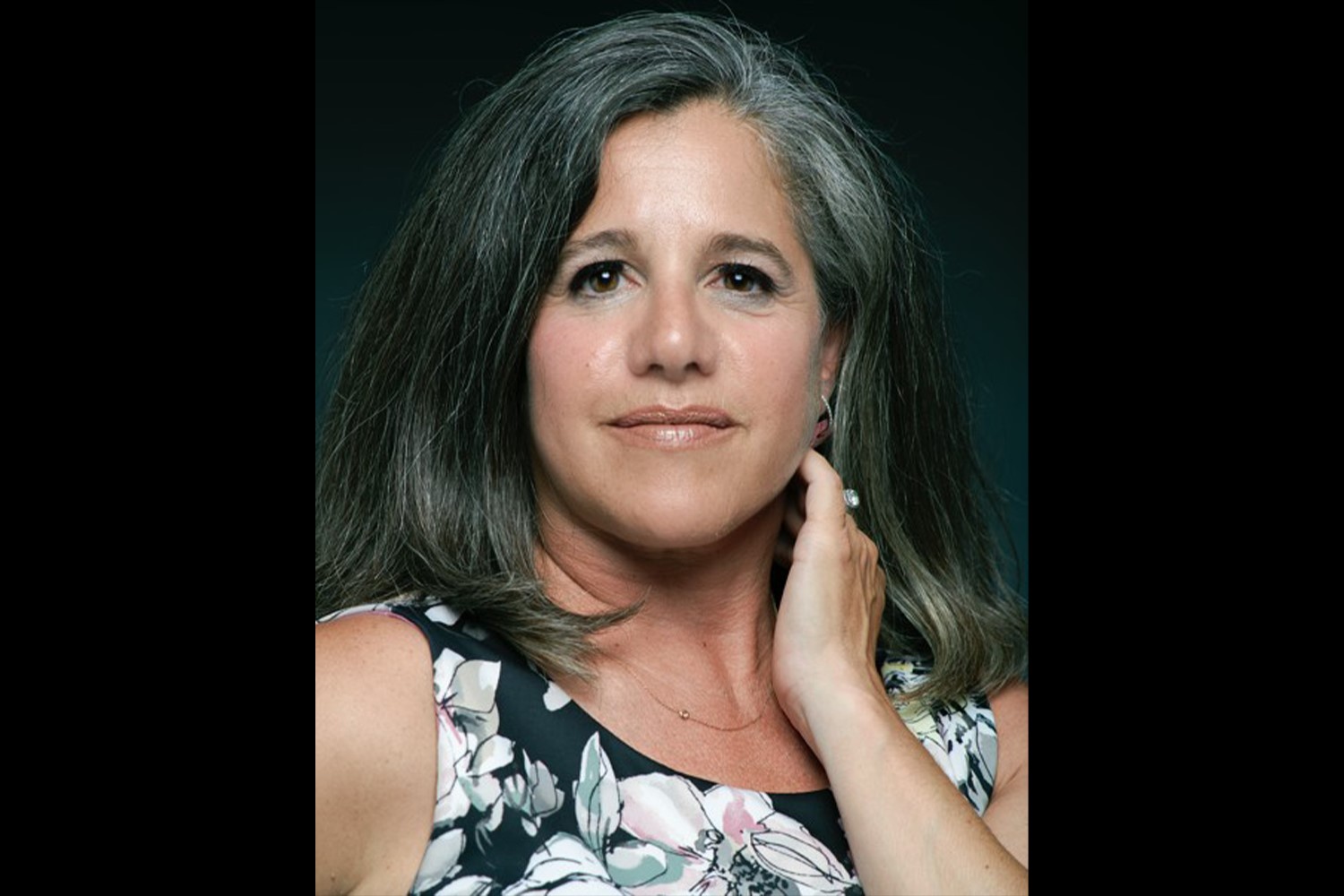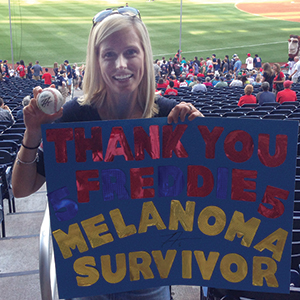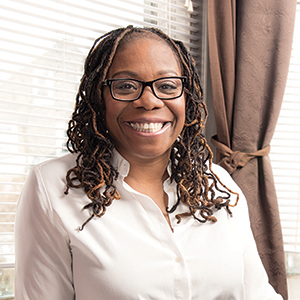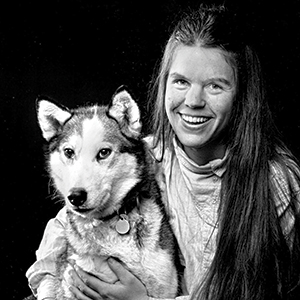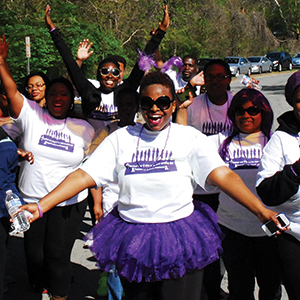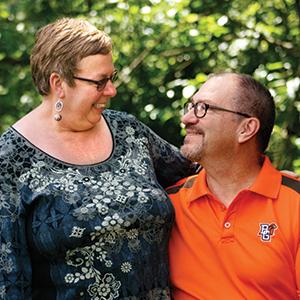-
Yesterday & Today
The Voice of Lamb ChopVentriloquist Shari Lewis and her sidekick, a white wool puppet named Lamb Chop, won the hearts of generations of children who tuned in to her television shows.
by Jocelyn Selim
-
The Cost of Cancer
Expensive treatments can leave patients with a mountain of debt. Resources are available to help.
by Bara Vaida
-
In the Moment- Summer 2015
Beverly McKee, Charlie Haygood, Patricia Fernandes.
-
Preserving the Future
Young adults undergoing cancer treatment who may want to have children should talk with their doctors about ways to preserve their fertility.
by Marci A. Landsmann
-
In the Moment- Spring 2015
Catie Clinard, Denise Manley Fox, David Frangioni.
-
Survivor Profile
An Unplanned EventAfter a stage III cancer diagnosis, event planner Kim Hall Jackson gave up the illusion of control and started using her talents to promote screening among African-Americans.
by Leigh Labrie
-
The Ways We Approach Death
Cancer often requires making difficult decisions in the face of uncertainty.
by Sue Rochman
-
Yesterday & Today
Improbable ChampionSusan Butcher won Alaska's grueling Iditarod dog-sled race four times. Her 2005 leukemia diagnosis marked the beginning of her greatest challenge.
by Jocelyn Selim
-
In the Moment- Winter 2014/2015
Jonah Eller-Isaacs, Mary Ganley, Erica Campbell.
-
Survivor Profile
Hope and EnduranceBladder cancer survivor Randy Layne and his wife, Ellen, faced his diagnosis, treatment and recovery together.
by Martha Irvine
Cancer Talk
Lessons From 20 Years Living With Cancer
Multiple myeloma survivor Jonathan Gluck reflects on uncertainty, and the scientific progress that has kept him living with cancer for more than two decades.
by Eric Fitzsimmons
The Enduring Importance of Cancer Disparities ResearchOpening session from AACR conference highlights how perseverance and adversity have informed cancer disparities research over the years.
by Eric Fitzsimmons
Most Cancer Survivors Don’t Meet Healthy Diet GoalsDespite research linking fruits and vegetables to cancer survival, many people do not change their eating habits after diagnosis.
by Darlene Dobkowski
Many People Don’t Get Colonoscopy After Receiving Abnormal Blood TestsAbout half of people who receive abnormal results from colorectal cancer screening tests don’t follow up with a colonoscopy.
by Laura Gesualdi Gilmore

